Cats are obligate carnivores, which means that their eating habits are naturally protein-rich and carbohydrate-low. Through the years, grain free cat food has become a common pet food option for pet owners since it is marketed as a healthier alternative that is believed to be more in line with a cat’s natural biology.
But is it really the right choice for your cat? This article narrows down the microscopic bits of grain-free that a cat food might contain, emphasizing the advantages, the concerns, and the ways of choosing the best option. Thus, you will have the evidence to base your decision on whether or not the cat’s diet is the right one for your pet.
What Is Grain Free Cat Food?
Grain free cat food is a type of food for cats that does not contain common cereal products such as wheat, corn, barley, oats, and rice. Instead, they mainly rely on the other sources of carbohydrates from the foods that contain sweet potatoes, peas, lentils, or chickpeas.
Cats do not need grains as biology does not require it, but they also do not depend the carbohydrates provided by grains. Grain-free diets are trying to simulate the natural diet of wild cats, which consist mostly of animal protein with the smallest amount of the plant material.

How Grain Free Cat Food Differs from Regular Cat Food
- Ingredients: Feed that is good for a cat but not necessarily grain free may have its sugar content propped up by adding grains as the filler or carbohydrate source. Grain varieties are replaced by non-grain carbohydrates in grain free food.
- Protein Focus: Such kinds of cat foods that are grain-free often make up for protein which is a basic type based on the utilization of the named meat sources such as chicken, turkey, beef, or fish.
- Marketing Angle: Green foods that are believed to be more ‘natural’ or suit the kin nature of a cat and are thus marketed as the right means that comply with their evolutionary ways.
However, although these differences may seem to be one of the good points, it is still important to weigh both the advantages and disadvantages before making a change.
Benefits of Grain Free Cat Food
Grain free diets have built up a regular group of supporters, due to several reasons. Here are the key benefits:
1. Supports Digestive Health
Commonly, cats are not equipped with the necessary enzymes for proper grain digestion. A grain-free diet can solve the usual digestive problems such as bloating, diarrhea, and flatulence. This can be especially useful for cats with sensitive stomachs.
2. Ideal for Cats with Allergies
Some cats may develop hypersensitivities to grains or food allergies, manifesting symptoms such as itchiness of skin, excessive self-grooming, hair loss, or vomiting. Often the problems with grains can be solved by removing them from the diet, which results in healthier skin and a brighter coat.
3. Mimics Natural Diets
Cats that exist in a wild environment consume mostly the bodies of prey, which are high in protein and fat with low-carbohydrate content. Grain free cat food is the flour for reproduction of this very balance, thus it is considered a better option for it to be along with nature.
4. May Aid Weight Management
A lot of grains, such as corn and wheat, are loaded with carbohydrates that can lead to gaining extra kilograms. In many cases, grain shines yield low sugar foods such as sweet potatoes to which energy is released gradually and therefore no blood sugar peaks are experienced.
5. Increased Energy Levels
A diet with a perfect amount of high-quality protein helps build lean muscles and regulate energy levels. Cats with no grains in their diets very often show improved activities and general health.
Also Read: Fish Oil for Dogs: A Guide to Benefits and Usage
Potential Drawbacks of Grain Free Cat Food
The favorable effects are encouraging, at the same time, though, it’s really necessary to emphasize the potential shortcomings of grain-free diets.
1. Nutritional Imbalance
Legumes like peas and lentils are usually utilized by grain-free formulations as substitutes for grain. These, however, may be detrimental to the normal absorption of essential amino acids like taurine, which act for the normal function of the heart and eyes in cats.
Taurine has been shown to breed health complications such as DCM, therefore, the deficiency of this amino acid may be traced to the development of these health issues.
2. FDA Concerns
The Food and Drug Administration (FDA) of the U.S. has delved into complaints triggered by grain-free diets being the cause of heart ailment in dogs and cats, specifically DCM. Even though no definite cause has been found, pet owners should be wary and discuss with their veterinarian when thinking about a grain-free diet.
3. Higher Costs
Grain-free food might be a worthwhile option for some cats that are more susceptible to the supposedly fruitless elements of these grains. Thus, it can be more difficult to acquire this brand for pet parents who are money-strapped.
4. Not a One-Size-Fits-All Solution
Still, grain-free diets can tend to be helpful for some cats, while they are not always an absolutely requisite diet for every cat. Cats, however, can very well prosper if they are fed suitable diets including grains, in which case food is balanced and made up of quality raw material.
How to Choose the Best Grain Free Cat Food
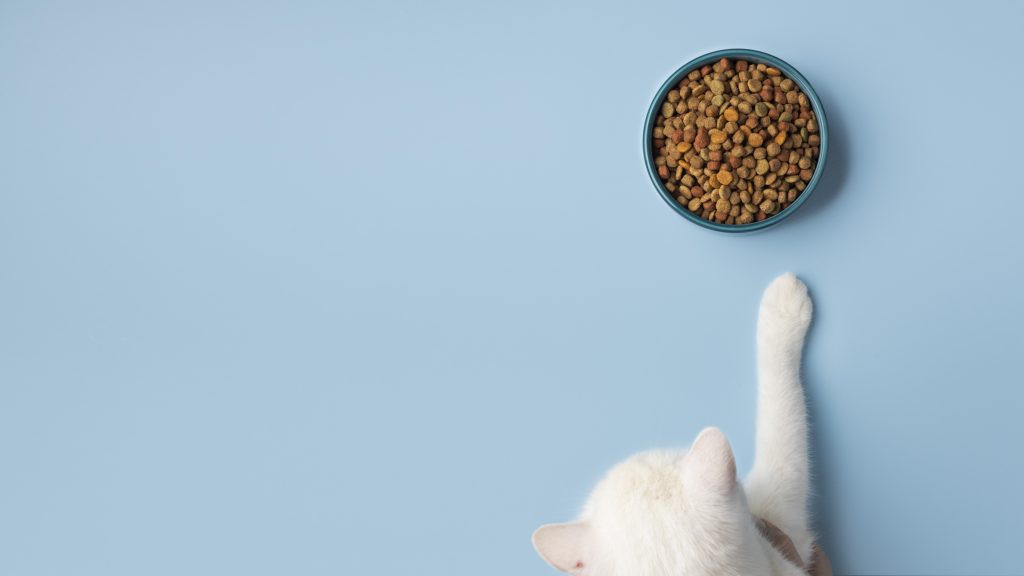
Grain free cat foods are not equal. Here’s what to look for when selecting a brand:
1. Prioritize High-Quality Protein
The first ingredient must be a named protein source such as chicken, turkey, or salmon. Foods that contain “meat by-products” or other unclear phrases should be avoided.
2. Check for Essential Nutrients
Ensure that the food has taurine and other important nutrients like omega-3 fatty acids, vitamins, and minerals. These are key to your cat’s overall well-being.
3. Avoid Excessive Fillers
Though grain-free cat food is free of grains, some sellers add high amounts of fillers like potatoes or peas. Look for a realistic mixture instead.
4. Choose for Life Stage
Cats that are kittens and adults and seniors have different dietary needs. Make sure the formula is grain free for younger and older cats refers to as well as the level of activity of the cat.
5. Seek Vet Recommendations
Before making a shift, visit your vet and find out whether your cat’s health issues are best dealt with by a grain-free diet.
Tips for Transitioning to Grain Free Cat Food
Switching to a new diet can be stressful for cats if not done gradually. The following steps will help you in adding new cat food in a smooth way:
- Start with a Small Mix: Begin by mixing 25% of the new food with 75% of the old food.
- Increase Gradually: Over 7-10 days, slowly increase the ratio of new food while containing the old food. Over the course of 7-10 days, decrease old food while increasing the new food at the same time slowly.
- Monitor for reactions: Watch your cat’s digestion, energy levels and attitude, of note. If issues arise, consult your vet. If something comes up, talk to your vet.
Popular Grain Free Cat Food Brands
Many brands out there come with grain-free variants, however, some of them are more reliable than others:
- Blue Buffalo Wilderness: High-protein, grain-free recipes made of natural ingredients are what this brand is known for.
- Wellness CORE: It is a nutrient-rich food manufacturer that creates their formulas to fit the specific life stages and dietary needs of the pets.
- Taste of the Wild: The brand includes one-of-a-kind protein sources such as venison, bison, and trout.
- Natural Balance: The company is known for its limited ingredient diets for cats suffering from allergies or sensitivities.
Also Read: Best Cat Food for Sensitive Stomach: Complete Guide
Is grain-free food better for cats?
Grain-free food is not the best option for cats. The cat’s dietary needs and allergies must be considered in this respect. Most cats can handle grains but the ones with specific sensitivities can experience good effects from it.
Why don’t vets like grain free cat food?
Grain-free cat food is distrusted by some vets who find it possible that it could lead to heart issues like dilated cardiomyopathy (DCM) and who are also worried that grain substitutes might bring unbalanced nutrition.
Can grain free cat food cause allergies?
Yes, grain-free cat food can still cause allergies to your pet if it consists of other allergens as well, for instance, some proteins or fillers, which your cat may be more sensitive towards.
What does “grain free” mean?
“Grain-free” actually implies that the food is completely free from grains like wheat, corn, rice or oats. However, it is still necessary to provide a source of carbohydrates, which may be found in the substitutions of potatoes or legumes.

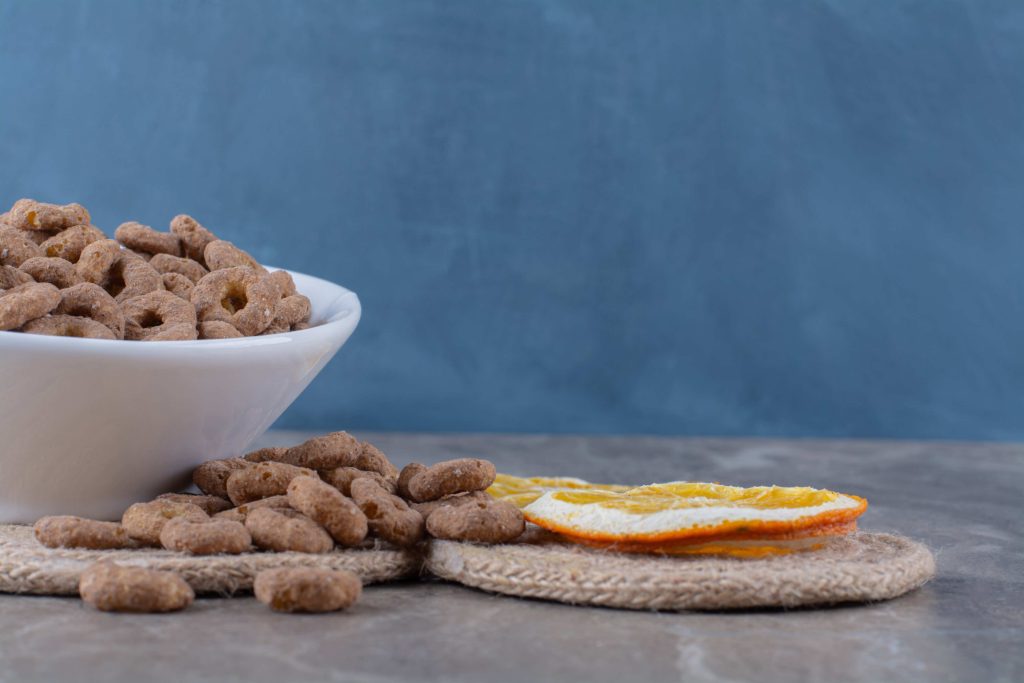
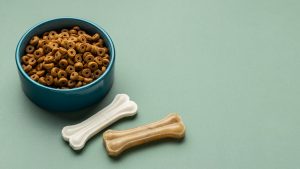
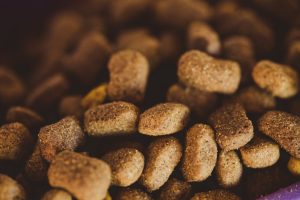

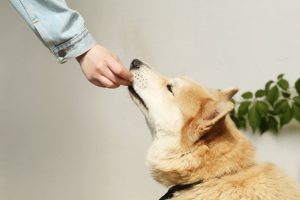
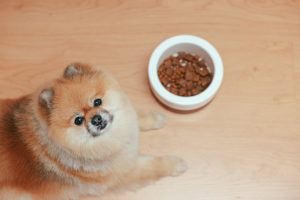
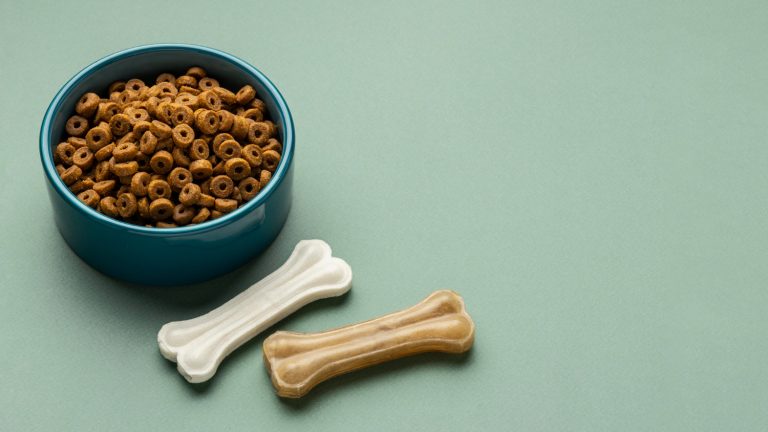
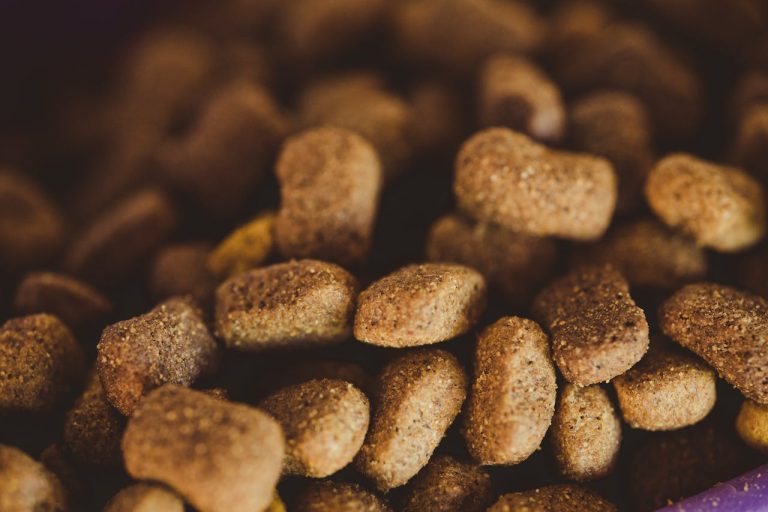
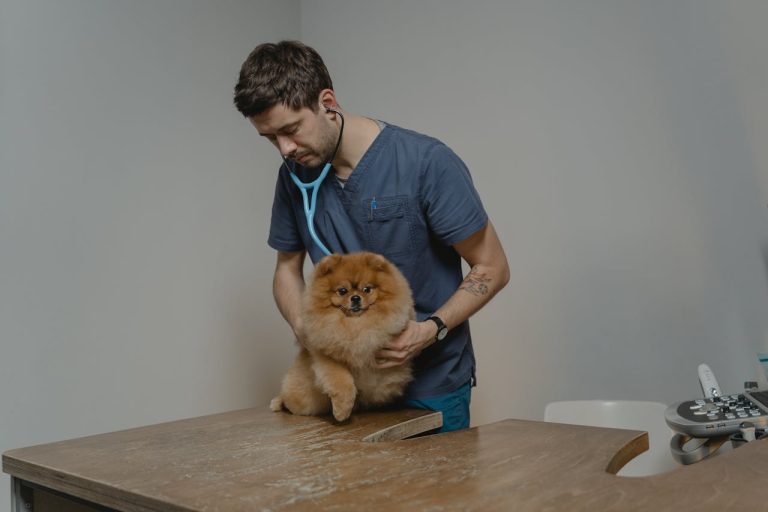
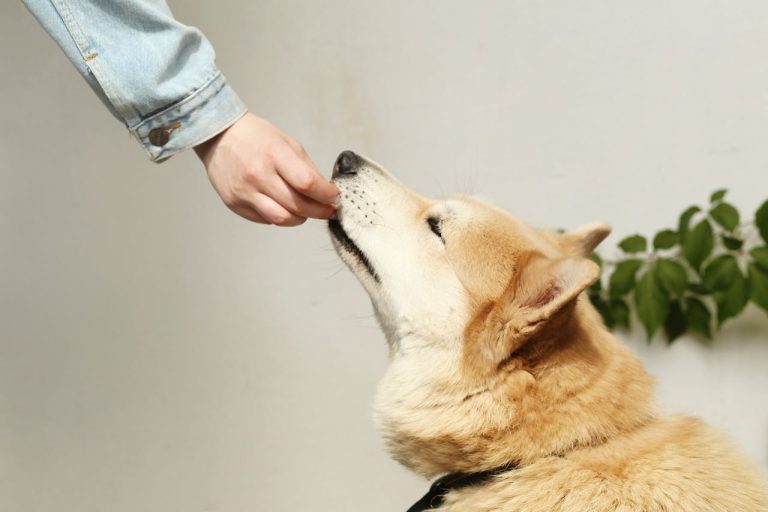
Interesting read! Seeing platforms like champion zone club really push for transparency & secure gaming is a big step forward. Data-driven approaches seem key to enjoying the experience! 🧐
Understanding game probabilities is key to enjoying any casino experience! Champion Zone casino really emphasizes transparent payouts & data-driven games, which is great for players seeking a fair chance. Definitely check them out! champion zone casino
Solid article! Thinking about bankroll management & variance is key in tournaments. Platforms like champion zone emphasize secure play, which is huge for long-term success. Understanding those odds is vital!